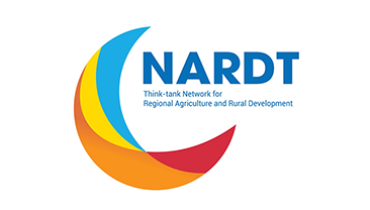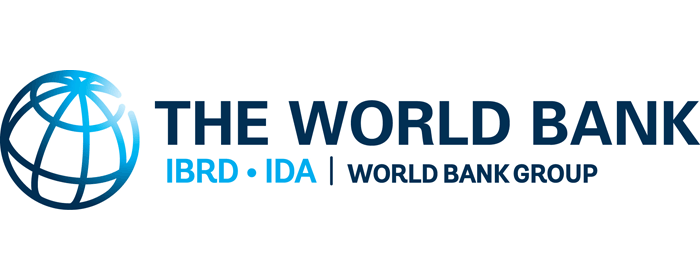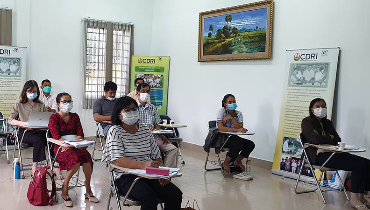Cambodia Nutrition Project's Baseline Data Collection for Qualitative Evaluation Study

To improve undernutrition challenge, a five-year The Cambodia Nutrition Project (CNP) was formulated with The MOH and the National Committee for Sub-national Democratic Development (NCDDS) of the Ministry of Interior are the implementing agencies. The project brings together global evidence on effective interventions with Cambodia’s priorities to deliver supply-side and demand-side health and nutrition interventions through health facilities and communities including Health Facility-Based Interventions and Community-Based Interventions plateform. The purpose of the CNP qualitative study is to generate qualitative and process-related data for contextualizing the impact evaluation findings stemming from Cambodia Nutrition Project (CNP) implementation from baseline through mid/endline assessment periods. The CNP evaluation comprises both impact and process evaluation components that will use a variety of mixed methods at baseline, midline, and endline time points. To response to these objectives, the baseline is to collect qualitative data to describe the current context in which maternal and child nutrition behaviors are being carried out, as well as to understand the factors affecting CNP quality from both implementer and beneficiary perspectives. This data collection project will conduct a baseline round of qualitative fieldwork (data collection and data management) involving approximately 250 participants across 4 provinces in Cambodia among an estimated 12 – 15 health centers and just as many separate villages. The qualitative study arm will utilize multiple methods (semi-structured interviews, direct observations, focus group discussions, free lists, and pile sorts) among diverse participant types representing both CNP implementers and beneficiaries.
Project Objective
- Conduct qualitative data collection for 250 participants
- Semi-structured interview with facility administrators/managers, providers (nurses, midwives), clients (pregnant women, caregivers of children under 2)
- Semi-structured interview with caregivers of children under 2 (including vulnerable groups)
- Free list with caregivers of children under 2
- Pile sort with caregivers of children under 2
- Focus group discussion with Village Health Support Groups (VHSGs)
- Direct observation with children under 2 at home (including vulnerable groups)
Project Members
News & Events
Other Projects

Cambodia Gender and Inclusive Development Analysis...
This study aims to fill this gap in research by conducting a Gender and Inclusive Development Analysis (GIDA) combining qualitative and quan...

Cambodia's Agri-Food Trade: Structure, Challenges,...
From the early 1990s, Cambodia’s agricultural food trade was seen as exports of raw materials and unprocessed primary commodities to neighbo...

Network for Agriculture and Rural Development Thin...
The Network of Agriculture and Rural Development Think-tanks (NARDT) project is designed to form a consortium with flexible cooperation mech...

On-farm Food Safety in Horticulture in Cambodia: T...
Despite being an agrarian economy, Cambodia imported vegetables approximately 70 percent of the total domestic consumption because the com...









